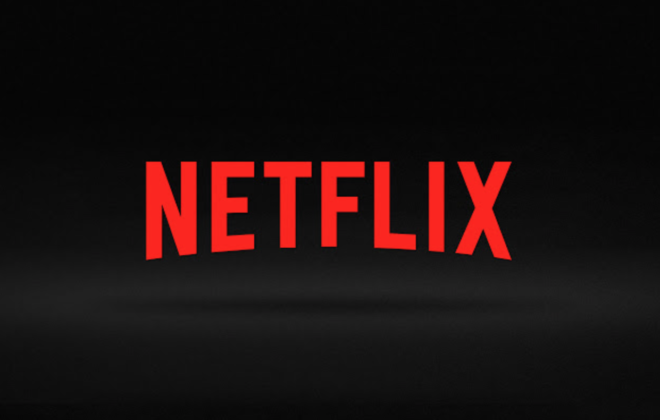Facebook Fake News and the Future
Social media gave everyone a chance to be their own journalist or publicity author. It took the power out of the hands of an elite few and put that into the hands of the many. Real journalists bemoaned the arrival of blogs and Facebook at the time, pointing to the potential situation, where we have now found ourselves. Large sections of our communities are reading reports on social media platforms, which are largely untrue. Fact checking has not been a substantial part of the blogging and social media revolution. Things are about to change, if we are to believe Mark Zuckerberg, the head honcho at Facebook. Facebook fake news and the future, continues to present challenges for the organisation and its consumers.
Cambridge Analytica Imbroglio
In India this week, Facebook announced a deal with Mumbai fact checking group Boom, to assist them with the fake news problem on their news feed. There are over 240 million Facebook users in India; that is a lot of potential believers in bullshit spread online by this organisation. Facebook and other social media platforms have traditionally stated in their defence that they are, merely, carriers of the news and not makers of the news. Since the Cambridge Analytica imbroglio, government regulators around the globe are no longer buying this argument.
Ramping Up Efforts to Reduce Fake News
Facebook claims that it has ramped up efforts to reduce the distribution of fake news by some 80% internationally. In India, the fact checker’s article will show up in a Related Articles widget immediately beneath the fake story in the news feed. The fake news stories will be placed lower on the news feed to discourage their spread. In addition, those who repeatedly share fake news will have their distribution diminished, which will reduce their ability to advertise and monetise. This will be a pilot program to test its efficacy for the rest of the Facebook platform globally.
Facebook Fuelling Inflammatory Information
According to an ABC report, Facebook has been placing ads for companies like Woolworths and BMW on inflammatory articles targeting Muslims and other groups. This practice contravenes the spirit of their own content guidelines. These state that articles of this nature are not eligible for ads. Spokespeople for the two companies mentioned in relation to their ads being placed on racist articles, voiced their concerns about the practice and expect it to be corrected as soon as possible. Facebook, like the big four Australian banks, currently under a Royal Commission investigation, seems to lose its way for the lure of money and profits,
Categories
- Animals (1)
- Artificial intelligence (AI) (2)
- Blog (51)
- Client Links (11)
- Dental Marketing (1)
- Design (5)
- Digital Marketing (50)
- Media (7)
- Music (1)
- News (20)
- SEO Case Studies (13)
- SEO Company Sydney (10)
- SEO Posts (25)
- SEO Sydney (23)
- SEO Testimonials (5)
- Social Media Australia (10)
- Social Media Management (11)
- Social Media Managers (2)
- Social Media Sydney (10)
- Social Media Training (2)
- Travel (4)
- Uncategorized (3)



